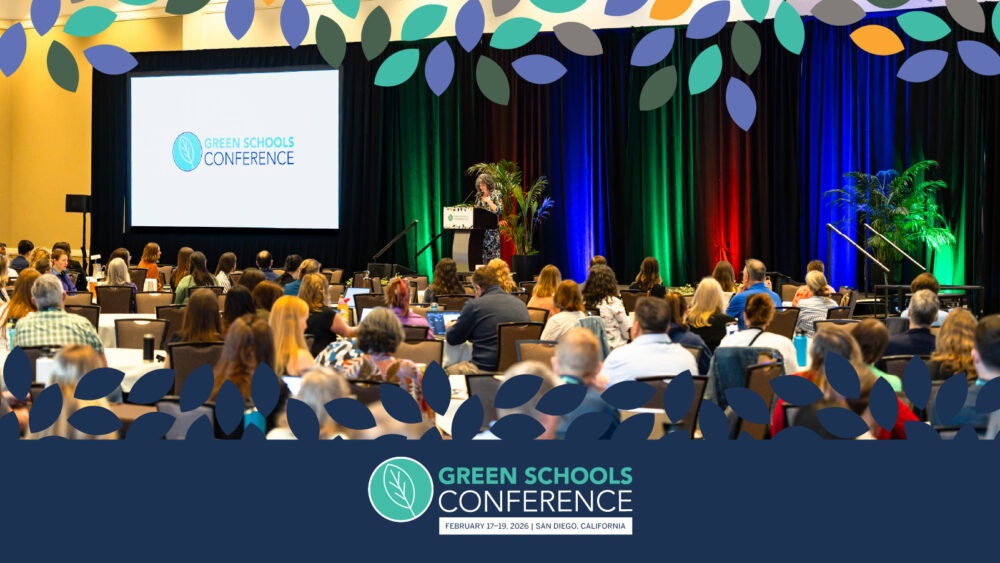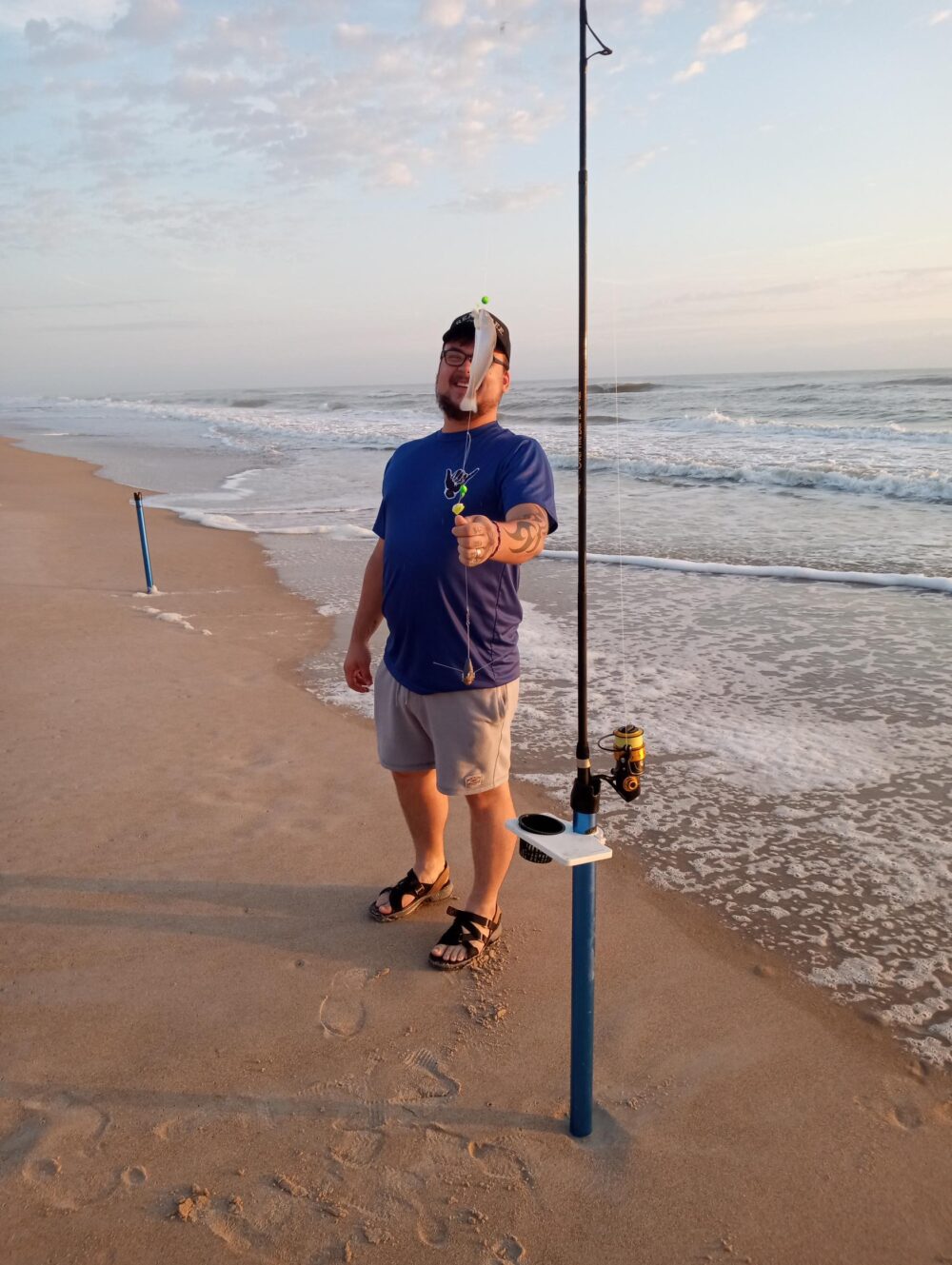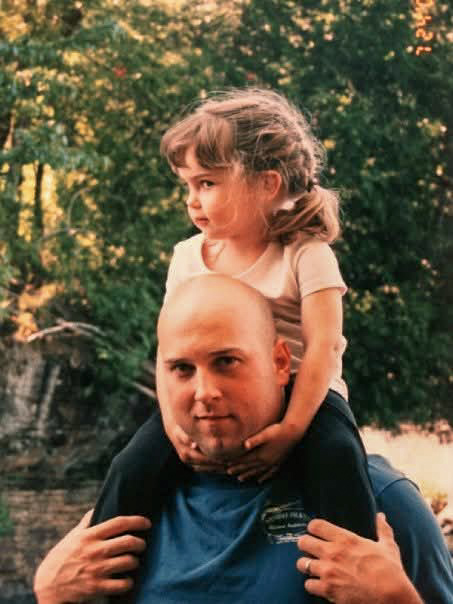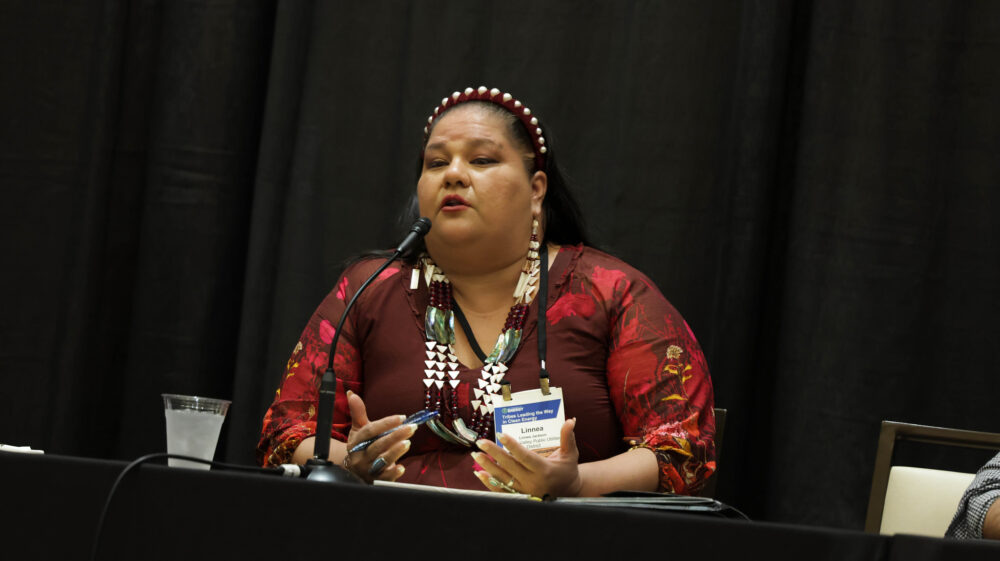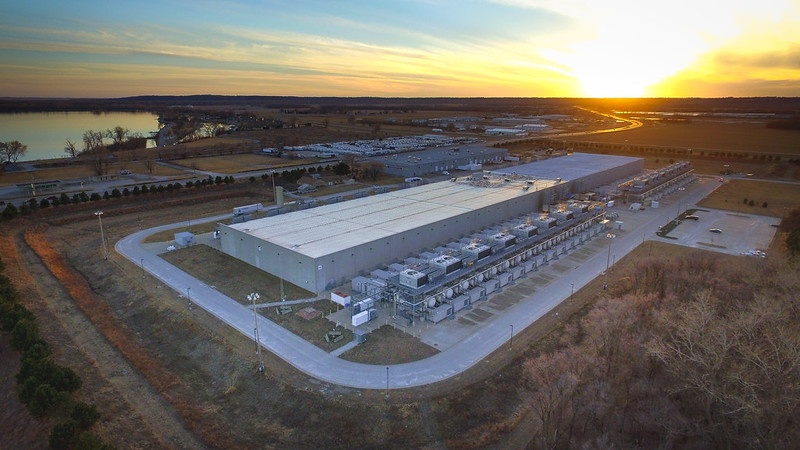We have much more to do and your continued support is needed now more than ever.
Big Oil Money Working to Rewrite History of Gulf Oil Disaster
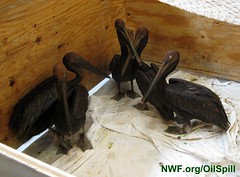 Big polluters have spent years funding think tanks to give a veneer of credibility to their push for profit. I mean, if the CEO of Exxon Mobil comes out and says Congress should roll back the Clean Air Act, it would just rally people behind pollution limits. So instead, Exxon Mobil has given more than $2 million to the Competitive Enterprise Institute to say it for them.
Big polluters have spent years funding think tanks to give a veneer of credibility to their push for profit. I mean, if the CEO of Exxon Mobil comes out and says Congress should roll back the Clean Air Act, it would just rally people behind pollution limits. So instead, Exxon Mobil has given more than $2 million to the Competitive Enterprise Institute to say it for them.
Now the polluter-funded think tank-media complex has a new target – whitewashing the Gulf oil disaster. Robert Nelson has an opinion piece made up to look like a news article in the Weekly Standard claiming the Gulf oil disaster caused little damage and calling anyone who would claim otherwise “secular equivalents to the devil.”
Why would a public policy professor at the University of Maryland write something not just so wrong, but with such an angry, combative tone? A look at Nelson’s extracurricular activities reveals a web of connections to big polluters like Koch Industries & Exxon Mobil:
- Nelson is a senior scholar with George Mason University’s Mercatus Center, a pro-polluter think tank founded & funded by the infamous Koch brothers. Legendary for its ability to produce credible-sounding research to back industry positions, the Wall Street Journal once called Mercatus “the most important think tank you’ve never heard of.” The Mercatus Center has received a mind-boggling $9,074,500 from the Kochs, as well as $240,000 from Exxon Mobil.
- Nelson is a senior fellow at the Independent Institute, which works to deny the scientific consensus that manmade carbon pollution is causing global warming. Not coincidentally, many of its staff used to work on denying the link between cancer & cigarette smoking. The Independent Institute has received $160,000 from the Kochs, as well as $85,000 from Exxon Mobil.
Given those polluter ties, it becomes less shocking that Nelson would go to such incredible lengths to bend some facts & ignore many others to suit his purposes:
- Those incredibly high rates of dolphin & endangered sea turtle deaths in the Gulf this summer? Unrelated to the BP oil, says Nelson. That’s right – according to Nelson, unless the creature was found literally covered in oil, it should not even be considered in the conversation of oil disaster impacts.
- If a creature dies in the oil slick & sinks to the bottom, Nelson believes that doesn’t count as part of the disaster toll either.
- That many of the worst impacts of the Exxon Valdez disaster took years to reveal themselves? Nelson doesn’t want to talk about that.
I could spend all day debunking all the distortions & deliberate omissions in Nelson’s piece, but that would miss the big picture. The same groups who denied the link between cancer & smoking and deny the link between carbon pollution & global warming are now being enlisted to deny the impacts of the Gulf oil disaster, and by extension the risks of our oil addiction.
It’s been encouraging to see that, so far, the impacts on the Gulf don’t seem to be following a worst-case scenario. But as the Valdez taught us, it takes years to assess the full impact of a spill.
What we’ve learned this week is that voices from the polluter-funded think tank-media complex are ready to exploit that void to say … maybe all those jobs lost weren’t so bad. And who knows, maybe those endangered sea turtles won’t go extinct. So why not drill baby drill?
When they do, the National Wildlife Federation will be ready to call them out.





